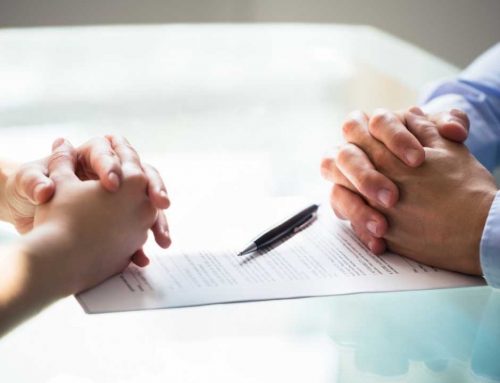Well over a million consumers in the UK have been affected by energy suppliers going bust. The rising costs of wholesale gas are putting pressure on the suppliers, who cannot pass the price increases onto customers.
What if my energy supplier goes bust?
Ofgem will ensure that the supply of gas and electricity continues, uninterrupted. So you don’t need to worry about being cut off. Customers will be switched to a ‘supplier of last resort’ (“SOLR”) and any credit with your old supplier will be transferred. You won’t lose out on any money.
Usually, you will receive a notification explaining what has happened and who your SOLR will be. Once the process has been completed, you can compare energy deals to see if you can save by switching to a different provider of your choice.
What about other goods and services?
Consumers often pay for goods or services before they receive them, especially when those goods are purchased online.
It is important that as a customer you know your rights, and shop wisely to reduce the risk of losing money if the supplier later becomes insolvent.
If the supplier becomes insolvent, before a customer receives the goods bought and paid for, these will usually be retained and realised by the Insolvency Practitioner for the benefit of the insolvent business. Customers who have pre-paid are then required to submit a claim in the insolvency, and in the worst cases, the customer may not receive the goods or any refund in respect of money paid.
Goods and services bought with a credit card
If a credit card or point of sale loan was used to purchase goods or services, then the transaction could be covered by Section 75 of the Consumer Credit Act allowing you to raise a claim against your credit provider if:
- You paid some (or all) of the cost by credit card or with a point of sale loan
- The cash price of the goods or services is more than £100 but not more than £30,000.
Directors’ Responsibilities to Consumers
The directors of an Insolvent Company have various statutory duties. A director can become personally liable in respect of company debts and should take practical steps to ensure that the position does not worsen.
In relation to consumers, directors should ensure that payment (whether in full, or in part) is not taken if it is likely or known that the company will be unable to provide the goods or services.
About the author
Iain heads the firm’s commercial litigation department.
Iain has over 28 years of experience in Commercial Debt Recovery having worked in both Private Practice and Industry and has extensive experience working across all industry sectors and has particular expertise in working with Insolvency Practitioners in advising and recovering outstanding insolvent companies ledgers.
Iain brings a pragmatic and commercial approach to recovering debts.
Contact us for a free consultation
If you need any advice or further information regarding this article, please contact us.
As discussed above we offer a free initial consultation and if clients have a viable claim, we offer a variety of retainer options including no win – no fee arrangements. Every case or potential case will be assessed, on its own merits.
If you have found this article interesting and would like to learn more about how Athena Law can help you please feel free to contact the writer, Iain Bould, at iain.bould@beestonshenton.co.uk or via the contact page on the website.




